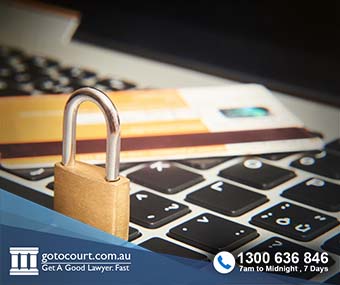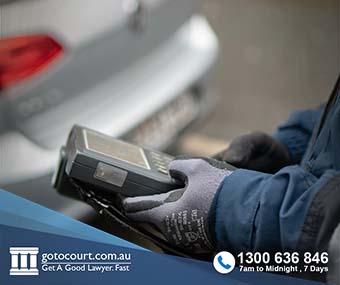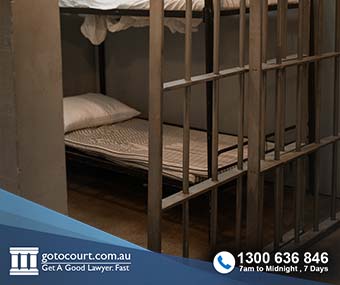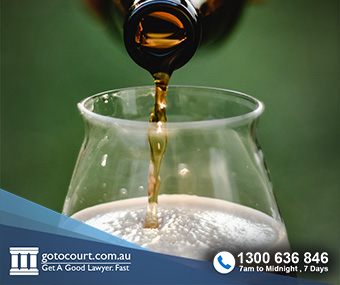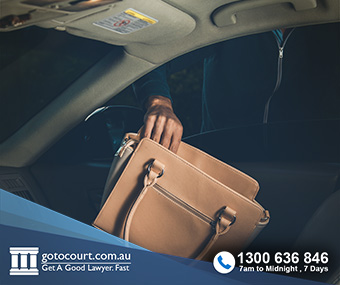Getting Arrested in South Australia
The police may lawfully arrest a person in South Australia in a number of situations. Powers of arrest can be exercised by other people as well as police, but an arrest is most commonly carried out by a police officer. This article deals with getting arrested in South Australia.
The powers of police in relation to arrests are set out in the Summary Offences Act 1953.
When can you be arrested without a warrant?
Police in South Australia can arrest a person if they have a reasonable belief that the person has committed, is committing or is about to commit an offence in South Australia or in another state or territory.
If police believe that a person has had a child protection restraining order made against them, which has not yet been served on them, they may arrest and detain the person in order to effect service of the order on them.
The police may also arrest a person who they believe is in breach of their bail or parole, or who has an outstanding warrant.
A person who has been arrested without a warrant must be delivered into the custody of the officer in charge of a custodial police station or designated police facility. However, police may detain a person who has been arrested without a warrant for up to four hours (or eight with authorisation from a magistrate), before doing so.
How is an arrest carried out?
In order to lawfully arrest a person, police must inform the person that they are under arrest and the reason for the arrest. They must also make physical contact with the person in order to effect the arrest – for example, by touching the person on the arm.
The police do not have to use force in order to carry out an arrest. If the person being arrested co-operates, there is generally no need for the police to use force or to handcuff the person. However, police are allowed to use reasonable force to arrest a person where the person is resisting arrest. What is reasonable depends on the circumstances.
What rights do I have after being arrested in South Australia?
A person who been arrested in South Australia is entitled to:
- Phone a friend or family member in the presence of the police to advise them of their whereabouts;
- Have a friend, family member or lawyer present during the interview and investigation that takes place while they are in custody;
- Be assisted by an interpreter if English is not their native language;
- Refrain from answering any questions, except where required to do so by law.
Arrests of young people
If the person arrested is a young person between the ages of 10 and 18, the police must not attempt to interview them unless they have nominated a solicitor, relative or friend to be present during the interview, or the police have organised for an adult to attend to represent the interests of the young person.
Unlawful arrests
If the police carry out an arrest in circumstances where they do not have the power to arrest the person, the arrest and subsequent detainment is unlawful and amounts to false imprisonment.
An arrest that is carried out using more force than is reasonable in the circumstances may also amount to an unlawful arrest.
A person who believes they have been wrongfully arrested may wish to make a formal complaint or initiate court proceedings against the police, depending on the circumstances. Limitation periods apply to all civil actions, so it is important to seek legal advice as soon as possible if you are considering taking action against the police.
Citizen’s arrests
At common law, any citizen may carry out an arrest if they become aware that a person has committed, is committing or is about to commit an offence. Citizens most commonly carry out arrests where they are the owner of property or a security guard or business owner and see an offence being committed. However, citizens can also arrest a person for an offence in which they are not involved, though in practice, this rarely happens.
The Summary Offences Act provides for two specific situations where persons who are not police may carry out arrests. These are:
- Where the owner of occupier of property finds a person committing an offence on the property (section 76);
- Where a person is offered property that appears to be stolen for sale by a pawnbroker (Section 77).
What should I do if I am arrested in South Australia?
If you are placed under arrest, it is always advisable to co-operate with the police or the person who is arresting you. If you believe that your arrest is unlawful, this is an issue that can be dealt with at a later stage, after you have received legal advice.
If you require legal advice or representation in any legal matter, please contact Go To Court Lawyers.

